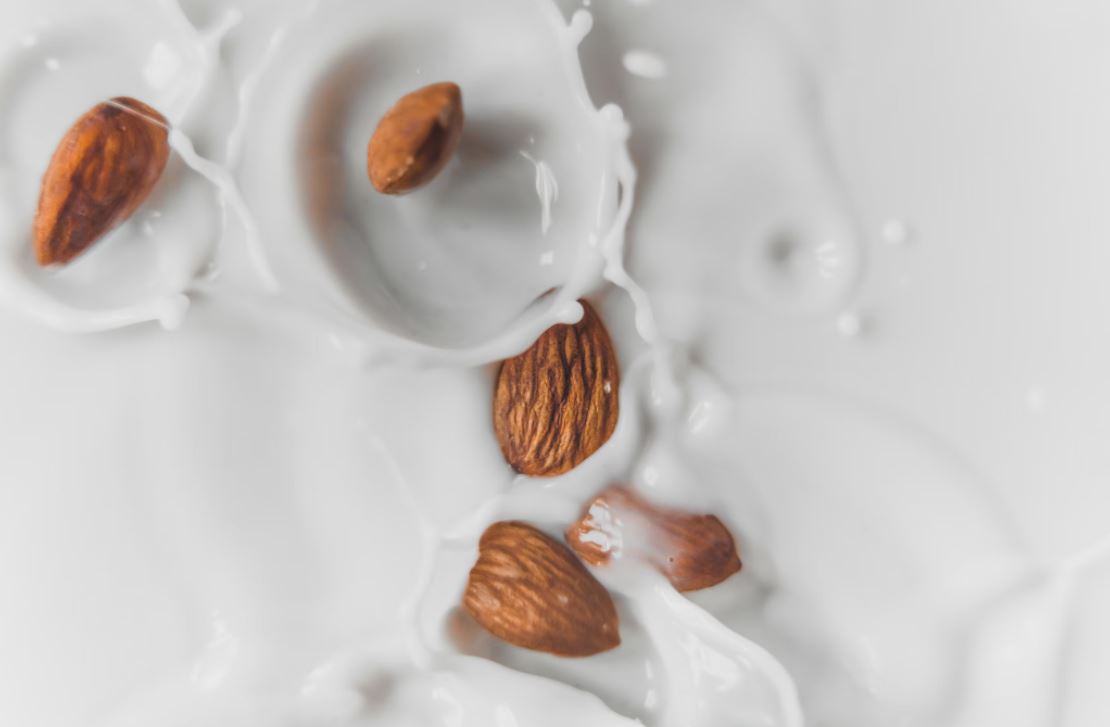
If it ain’t gonna come from a cow, where should it come from?
I distinctly remember a cartoon from my childhood in which a madman attempted to create cheese from literally everything he owned (including himself) with the exception of dairy milk. Back then, such a notion seemed farcical at best, but sure enough, these days every self-respecting plant genus comes in milk form. Milk from fruits, milk from nuts, milk from flowers; apparently, it’s really easy to make milk from non-cow sources. Who knew? But with so many sources of plant-based milk, the obvious question soon arises: which plant-based milk is the absolute cream of the crop, double-pun unintended? Let’s consider a few popular candidates.
One of the most prolific choices of the modern era is almond milk. I love a cup of the stuff with my morning waffles, even if it is a bit on the viscous side. Almond milk, much like its source, is naturally high in omega-3 and vitamin E. It’s also very adaptable and comes in lots of flavors, which is always a plus. However, the process of converting almonds into almond milk sadly strips the almonds of a lot of their nutritional value. There’s no protein in almond milk, for instance, nor is there any of dairy milk’s signature calcium.
Soy milk is another popular choice, especially among the vegan crowd. Since soy is a complete plant protein, its milk contains 10 vital amino acids. Soy is also easier to process than other plants, so soy milk is an excellent choice if you’re looking for something a little more budget-conscious. Out of everyone who tries soy milk for the first time, though, many say the biggest problem with it is its taste. For some, that’s a passable hurdle. For others, it’s a deal-breaker.
Out of all of the available plant-based milks, one of the most attractive is definitely oat milk. Oat milk is rich in a galaxy of nutrients, including protein, fiber, multiple vital vitamins, and even calcium, though again, not as much as regular milk. Not only is oat milk a creamy treat on its own, it also makes a great thickening agent in cooking. Really, unless the thickness doesn’t work for you, there’s no downside.
As with anything, it comes down to your personal preference and living condition. If you have the money and stomach for it, oat milk is probably the best choice. Otherwise, experiment a little! It beats dealing with lactose intolerance in the morning.




